Publications
Articles, publications, books, tools and multimedia features from the U.S. Institute of Peace provide the latest news, analysis, research findings, practitioner guides and reports, all related to the conflict zones and issues that are at the center of the Institute’s work to prevent and reduce violent conflict.
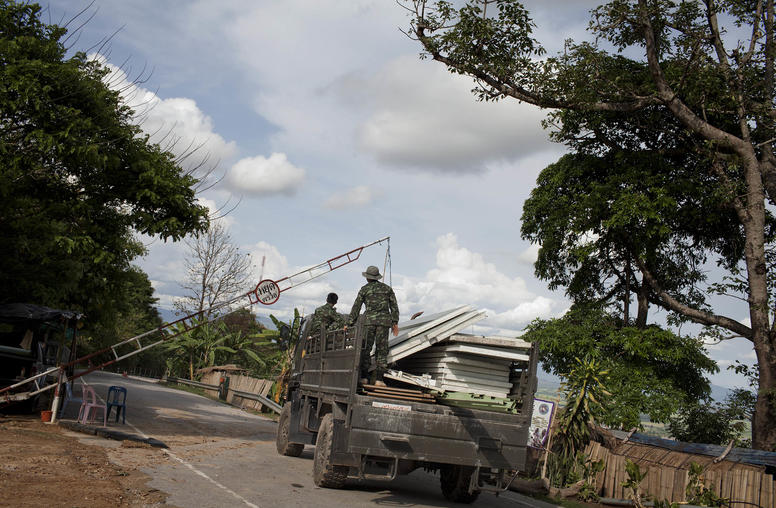
A Criminal Cancer Spreads in Southeast Asia
In the fractured authority surrounding crime-group controlled enclaves on the Moei River separating Thailand and Myanmar, this is what a crackdown on armed gangsters looks like: China presses Myanmar’s military junta — a sometimes client of Beijing — to make Thailand cut electric power to a large gambling and fraud hub run by Chinese crime syndicates across the river in Myanmar. The military-supervised Border Guard Force in the area, a partner of the syndicates, responds with threats to shut down cross-border trade. Then, giant generators appear in the enclave, deployed by the border guards and the gangs. The army, without explanation, does nothing. Individual commanders, if not the army itself, are believed to profit from the criminal activity. Business as usual continues.
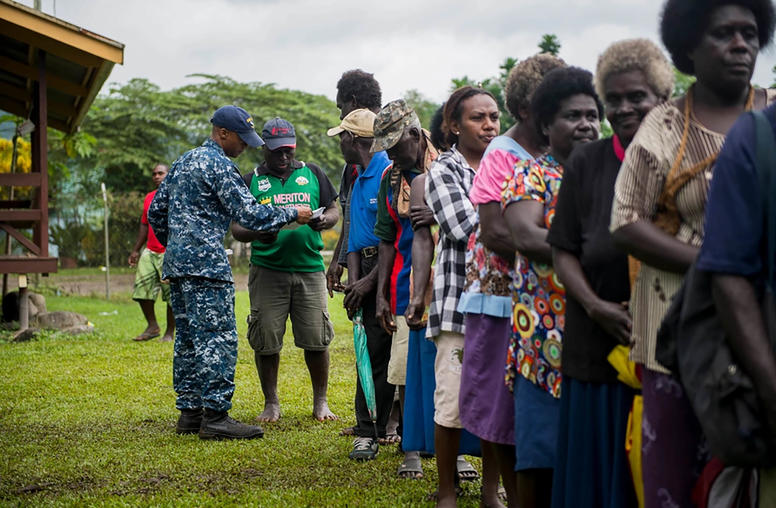
What Can Bougainville’s Independence Movement Learn from Timor-Leste?
Timor-Leste and Bougainville are two small, tropical island communities — one in Southeast Asia, the other in the South Pacific. While their culture and histories are distinct, they share a common political bond. They both voted overwhelmingly for independence in internationally sanctioned referendums, with Timor-Leste’s vote coming in 1999 and Bougainville’s in 2019. But only Timor-Leste, which is also referred to as East Timor, is now its own nation. What parallels does the path to self-determination in Timor-Leste hold for Bougainville as it looks to achieve the same goal?
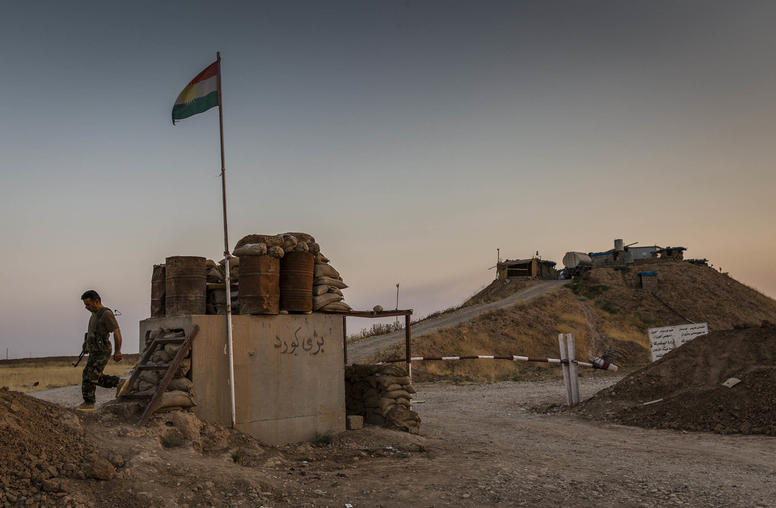
Kurdish Official Lists ISIS and Climate Change as Top Threats
More than five years since the Iraqi government declared victory over ISIS, a senior Kurdish official says the terrorist group is among the top threats facing the region. Alongside ISIS, Rebar Ahmed, minister of interior in the Kurdistan Regional Government (KRG), listed climate change and the resource scarcities and migration it would trigger as a critical challenge.
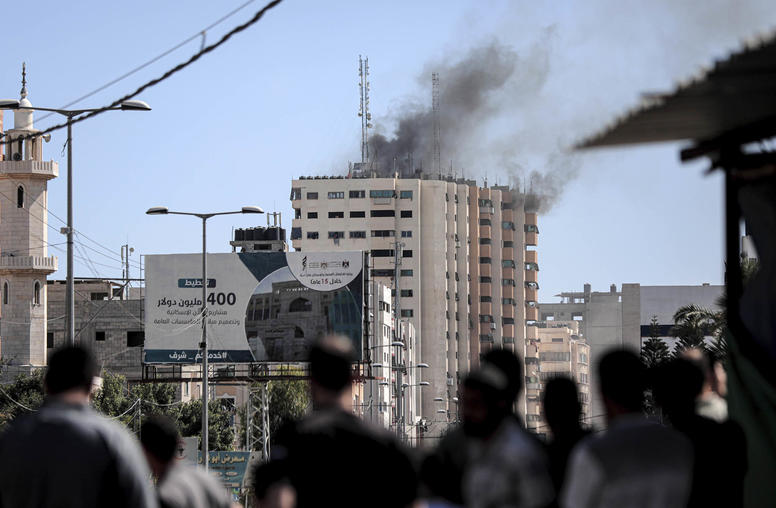
Is China Preparing to Make a Run at Israeli-Palestinian Peace?
Since April of last year, Xi Jinping and China’s foreign policy apparatus have been touting the Chinese leader’s vision of an alternative to the U.S.-led global security order, dubbed the Global Security Initiative (GSI). While Beijing has incrementally elaborated on Xi’s GSI, it remains an inchoate, fuzzy concept. What is clear is that Beijing wants to be seen as a global force for peace and stability that is capable of resolving international issues that appeared intractable under the U.S.-led security order. And it has repeatedly pointed to the detente it brokered between longtime foes Iran and Saudi Arabia as an example of its peacemaking prowess. As China deepens its involvement in the Middle East and campaigns for the GSI, is it gearing up to take on one of the region’s most vexing challenges, the Israeli-Palestinian conflict?
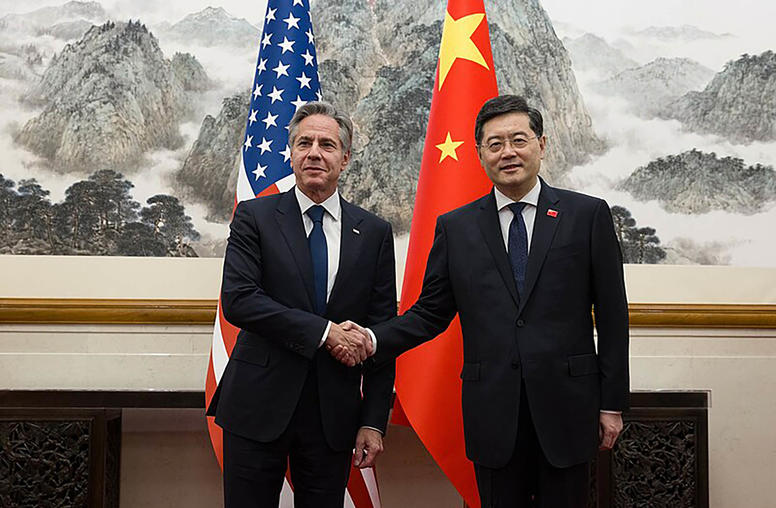
Blinken’s Beijing Trip: ‘Constructive’ but No Breakthroughs
Over the weekend, Secretary of State Antony Blinken finally made it to Beijing, where he met with senior-level Chinese Communist Party officials, including Xi Jinping. This trip was originally scheduled for early February but delayed nearly five months following the U.S. detection of a Chinese spy balloon hovering over American territory. Already on a downward trajectory before the balloon debacle, U.S.-China relations have continued to spiral since, as high-level communication has been on pause. While no major breakthroughs were made in Beijing and both sides stuck to their boilerplate talking points on issues of disagreement, the resumption of high-level dialogue is a positive step.

Vikram Singh on Indian Prime Minister Modi’s U.S. Visit
China’s assertiveness has brought the United States and India into closer strategic alignment. But as India's Prime Minister Narendra Modi arrives in Washington, USIP’s Vikram Singh says it’s important to remember “we’re not allies, we’re partners … The Indians feel like they have to maintain a much more balanced set of relationships” in the Indo-Pacific.
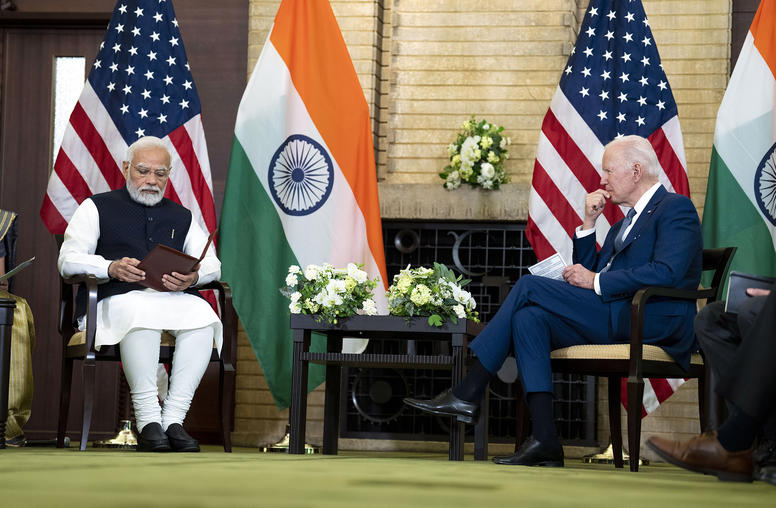
Modi’s Trip to Washington Marks New Heights in U.S.-India Ties
Against the backdrop of tightening U.S.-India ties, Indian Prime Minister Narendra Modi heads to Washington this week for an official state visit — only the third President Joe Biden has hosted since taking office. The bilateral relationship has soared to new heights in recent years, particularly on economic, technological and defense issues. Underpinning these developments is both sides’ desire to counter China’s effort to project power and influence across the Indo-Pacific region. While Washington and New Delhi have their disagreements on issues like Russia’s war on Ukraine and human rights, they see the relationship as too strategically vital to be jeopardized by these differences.
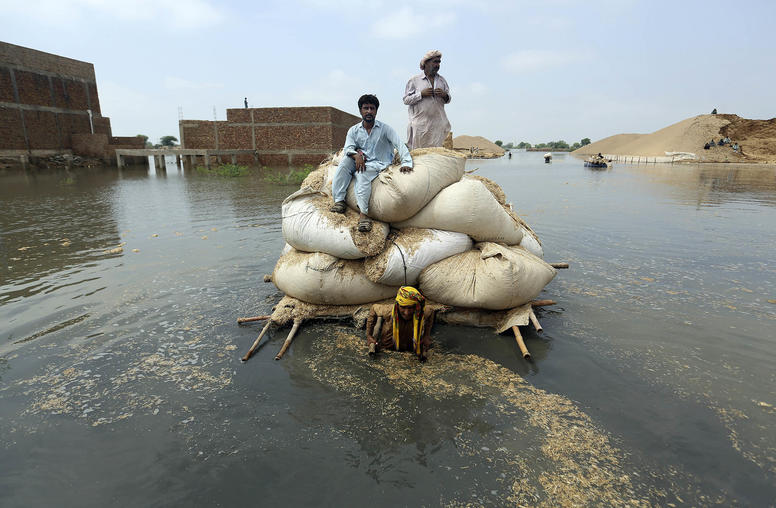
Displaced to Cities: Conflict, Climate Change, and Rural-to-Urban Migration
Countries as geographically diverse as Honduras, Jordan, and Pakistan are experiencing a common challenge—rapid growth in urban populations as conflict and climate-induced disasters push people from rural areas into cities. This report examines the effects of this increased urban migration on both the migrants and the urban environment, as well as the challenges policymakers face. It offers recommendations to help meet the needs of growing urban populations and develop adaptive, resilient systems to better withstand the impacts of climate change and conflict.
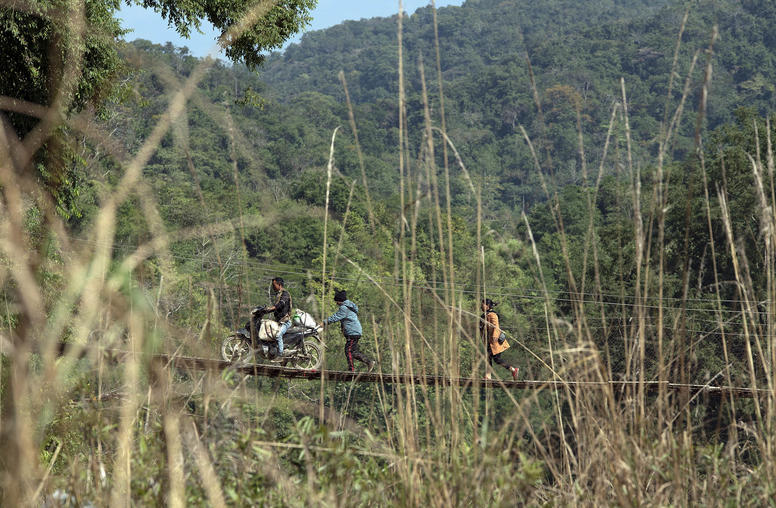
Time is Running Out for India’s Balancing Act on the Myanmar Border
India has had a simmering crisis on its northeastern border since the Myanmar military’s February 2021 coup d’état. Over 50,000 civilians have fled across the border from Myanmar’s Chin State and Sagaing Region into India’s northeast. New Delhi has maintained a delicate balancing act, allowing refugees into the country but refraining from political pressure on the junta and its State Administrative Council (SAC). However, as the situation in Myanmar continues to worsen, India will need to rethink its position before the fallout seriously threatens its interests.
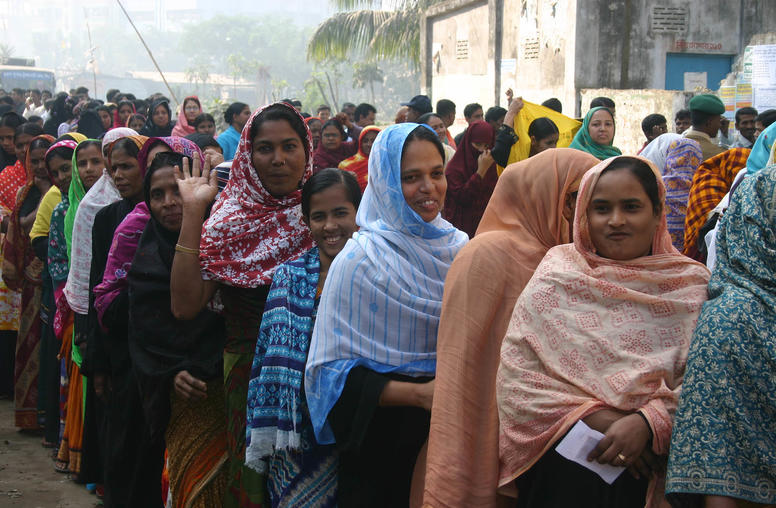
Three Things to Watch as Bangladesh’s National Election Season Heats Up
Bangladesh is increasingly recognized as an important player in Indo-Pacific competition, but its tumultuous domestic politics are now drawing attention with parliamentary elections due by January 2024. Economic crisis and opposition mobilization threaten to unseat the ruling Awami League (AL), which faces escalating American pressure to prove its democratic credentials after 15 years in power. The primary opposition party, the Bangladesh Nationalist Party (BNP), is currently boycotting the next national contest until Bangladesh’s election administration is reformed. On the streets, violence is rising between and within parties while voter disillusion has grown amid years of political intransigence.